Egypt, Oct 9 (V7N) – The third round of ceasefire talks between Israel and Hamas took place in Egypt on Wednesday, focusing on U.S. President Donald Trump’s proposed peace plan. Senior mediators from the United States and the Middle East, including U.S. Special Envoy Steve Witkoff, Trump’s son-in-law Jared Kushner, Qatar’s Prime Minister Sheikh Mohammed bin Abdulrahman Al Thani, and Turkish intelligence chief Ibrahim Kalin, joined the negotiations in Sharm el-Sheikh.
Despite ongoing discussions, Israeli airstrikes continued across Gaza, killing at least eight Palestinians and injuring 61 others in the past 24 hours, according to Gaza’s Health Ministry.
BBC reported that the inclusion of top mediators marked a crucial day for advancing dialogue. A senior Hamas official said the group had shown a positive approach and submitted a prisoner exchange list to Israel, seeking the release of Palestinian detainees in return for Israeli hostages held in Gaza.
Israeli media described the government’s mood as “cautiously optimistic.” The talks began at 11 a.m. local time following the arrival of Kushner and Witkoff in Egypt. Sheikh Mohammed and Kalin also attended the session, with officials saying Qatar’s prime minister aimed to facilitate progress on both the ceasefire and hostage swap.
Turkish President Recep Tayyip Erdoğan revealed that Trump had recently asked him to persuade Hamas to accept the peace framework. Israeli Strategic Affairs Minister Ron Dermer, a close ally of Prime Minister Benjamin Netanyahu, was expected to join the talks later in the day.
Hamas’s list reportedly includes 48 hostages to be exchanged for high-profile Palestinian prisoners such as Marwan Barghouti and Ahmad Sa’adat. Barghouti, seen as a potential successor to Palestinian Authority President Mahmoud Abbas, is serving five life sentences for the 2004 killings of Israeli citizens. Sa’adat, leader of the Popular Front for the Liberation of Palestine (PFLP), is serving a 30-year sentence for involvement in the 2008 assassination of an Israeli minister.
A Palestinian official told the BBC that significant gaps remain between Hamas and Israel on Trump’s 20-point peace proposal. The main sticking points include a permanent ceasefire, prisoner-hostage exchange, withdrawal of Israeli troops from Gaza, humanitarian access, and post-war governance.
Khalil al-Hayya, Hamas’s chief negotiator—who survived an Israeli airstrike in Doha last month—told Egypt’s Al Qahera News that the group was willing to accept a peace deal if there was a firm international guarantee that the war would truly end.
In contrast, Prime Minister Netanyahu maintained a defiant tone, vowing to continue military operations “until all war objectives are achieved.” Hundreds of Israelis rallied in Tel Aviv Tuesday night, demanding the release of hostages and an end to the two-year conflict.
Trump told reporters in Washington that if both sides reached an agreement, the U.S. would ensure full compliance, adding, “There is potential for lasting peace in the Middle East—not only in Gaza, but beyond.”
UN Secretary-General António Guterres urged all parties to embrace the peace plan, calling it “a historic opportunity to end this devastating conflict.”
According to Gaza’s Health Ministry, Israel’s military campaign has killed 67,183 Palestinians in the past two years, including 20,179 children. At least 460 people have died from malnutrition, with 182 deaths occurring since the UN declared famine in August.
In a related development, Italian Prime Minister Giorgia Meloni confirmed that the International Criminal Court (ICC) had filed charges against her for “complicity in genocide” due to Italy’s military support for Israel. The complaint, filed on October 1 in Rome, was signed by 50 academics, lawyers, and civil society figures accusing Italy of aiding war crimes through weapons supply during the Gaza war.
END/WD/AJ/



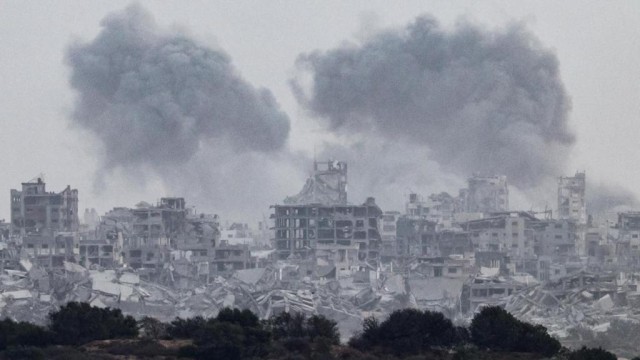

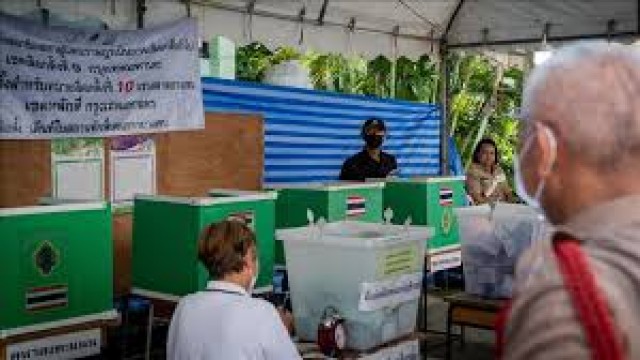
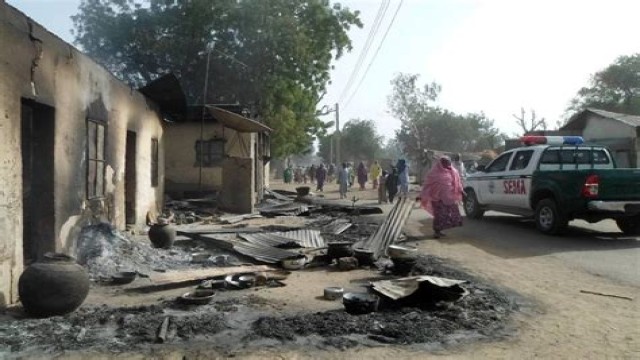
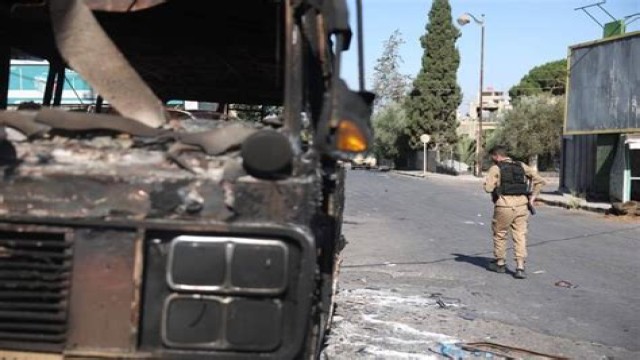

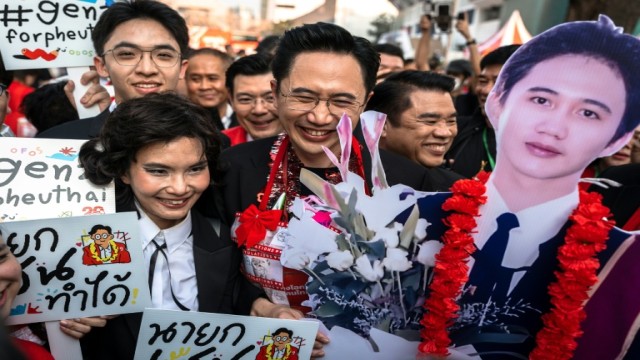








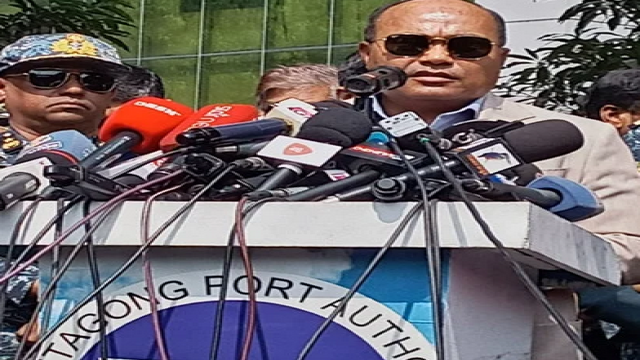
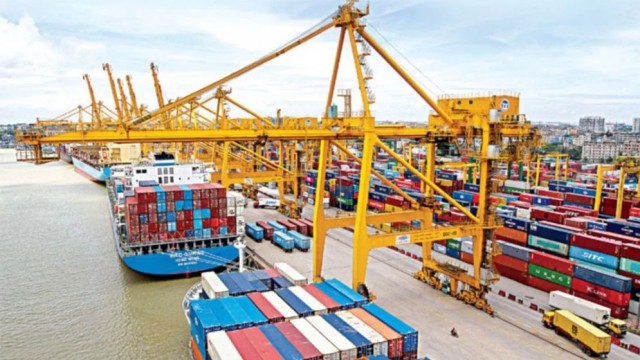






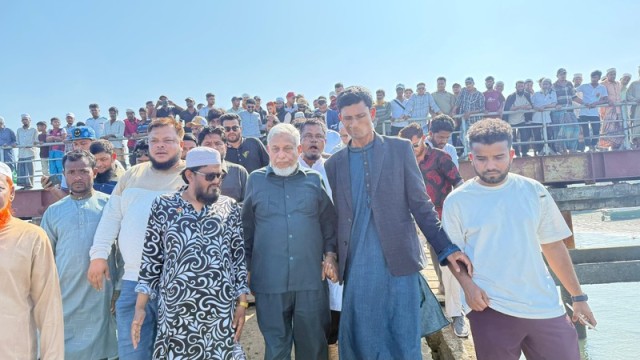
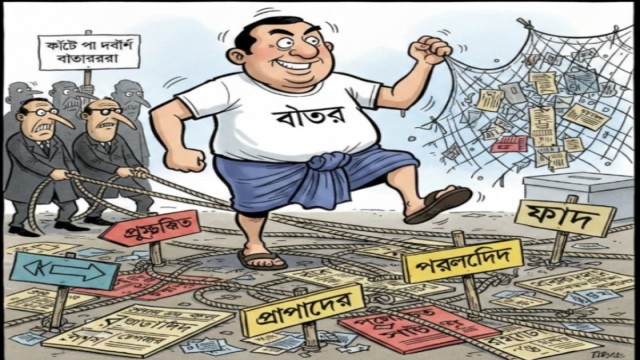

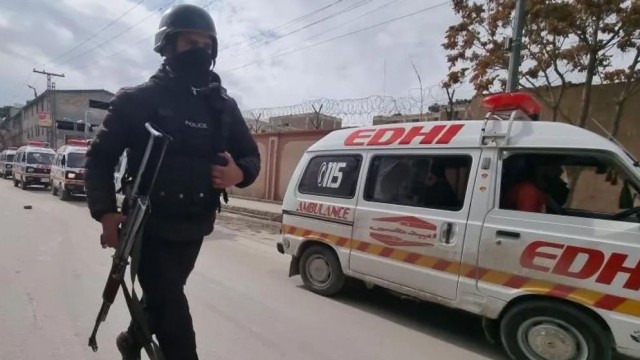

Comment: